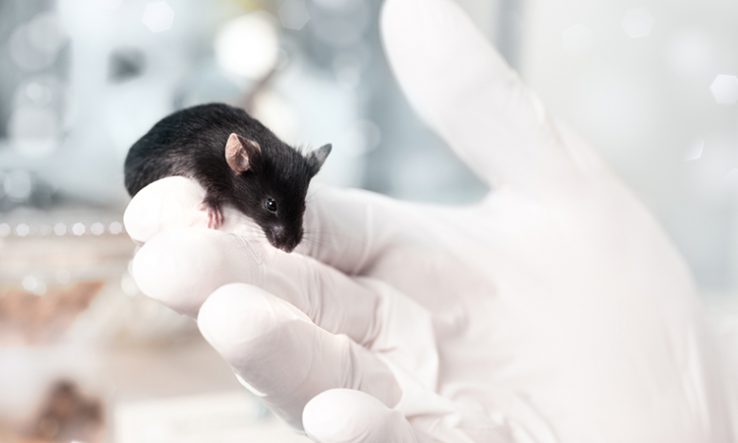
Continued border closure affects users of research animals as supplier’s future hangs in the balance
Australia’s supply of research animals is threatened by the continued closure of the Western Australian border due to Covid-19.
On 20 January, WA premier Mark McGowan announced an indefinite continuation of the closure, which had been due to end on 5 February.
An email from the WA-based Animal Resources Centre had gone out on 13 January, telling customers that “due to the current Covid status, there has been major disruptions to flights out of Perth—flights that we use to transport our animals”. The email said that supply should return to normal when the border was reopened, but McGowan’s decision has thrown that into doubt.
The centre, which provides laboratory animals for almost all Australian universities and medical research institutes, is already threatened with closure, although efforts are underway to save it. It mainly provides specially bred rats and mice.
One New South Wales-based researcher said she had been told that the centre could not say when animals that were due on 12 January would arrive. “It’s very stressful for me and for my students, particularly PhD students who have a time limit on when they can submit,” she said.
Closure threat
The crisis comes as Australia’s users of research animals also wait to hear if the centre will be saved. In July 2021, it was revealed that the Western Australian government would not continue to subsidise its operation. A December update on the centre’s site says that following a review, the state is putting the business out to tender.
“The WA government and the Animal Resources Centre appreciate that stakeholders need confidence that the range of services and the high-quality product they have come to expect from the centre will be maintained, so that research can continue without disruption,” the update says, but it emphasises that the government intends to “exit” the business.
A small number of organisations have been selected for further talks, with bids due on 22 March. It is currently unclear whether the new operator would take over the existing facilities at Murdoch University.
Malcolm France, a consultant veterinarian who works in laboratory animal care, said he understood that a number of animal shipments had been affected, even with some priority shipping under medical supply rules. The animals need to be transported by air rather than road for reasons of animal welfare and practicality.
He told Research Professional News that disruptions to the supply chain were a concern not only for research reasons but also because of the risk of wastage of animals bred to order, which was an ethical issue.
The Animal Resources Centre was contacted for comment but did not respond in time for publication.
Transparency agreement
Meanwhile, moves towards more openness in animal research are underway.
France said that as a member of the Australian and New Zealand Council for the Care of Animals in Research and Teaching, he had convened a working group that had drafted an “openness agreement”.
The agreement, similar to documents adopted in the UK, some European countries and last year in New Zealand, is a voluntary pledge for institutions wishing to demonstrate their commitment to greater transparency on their use of animals. The council hopes to have the agreement out for public comment soon, and for it to be adopted at its annual conference in July.